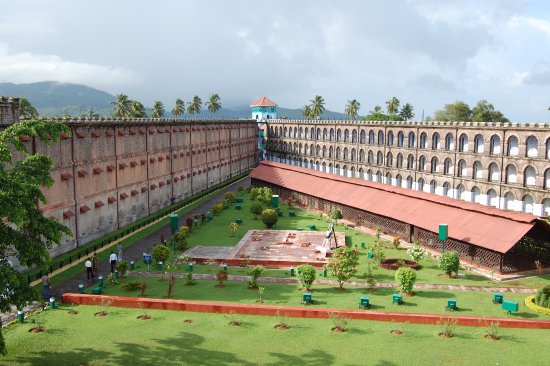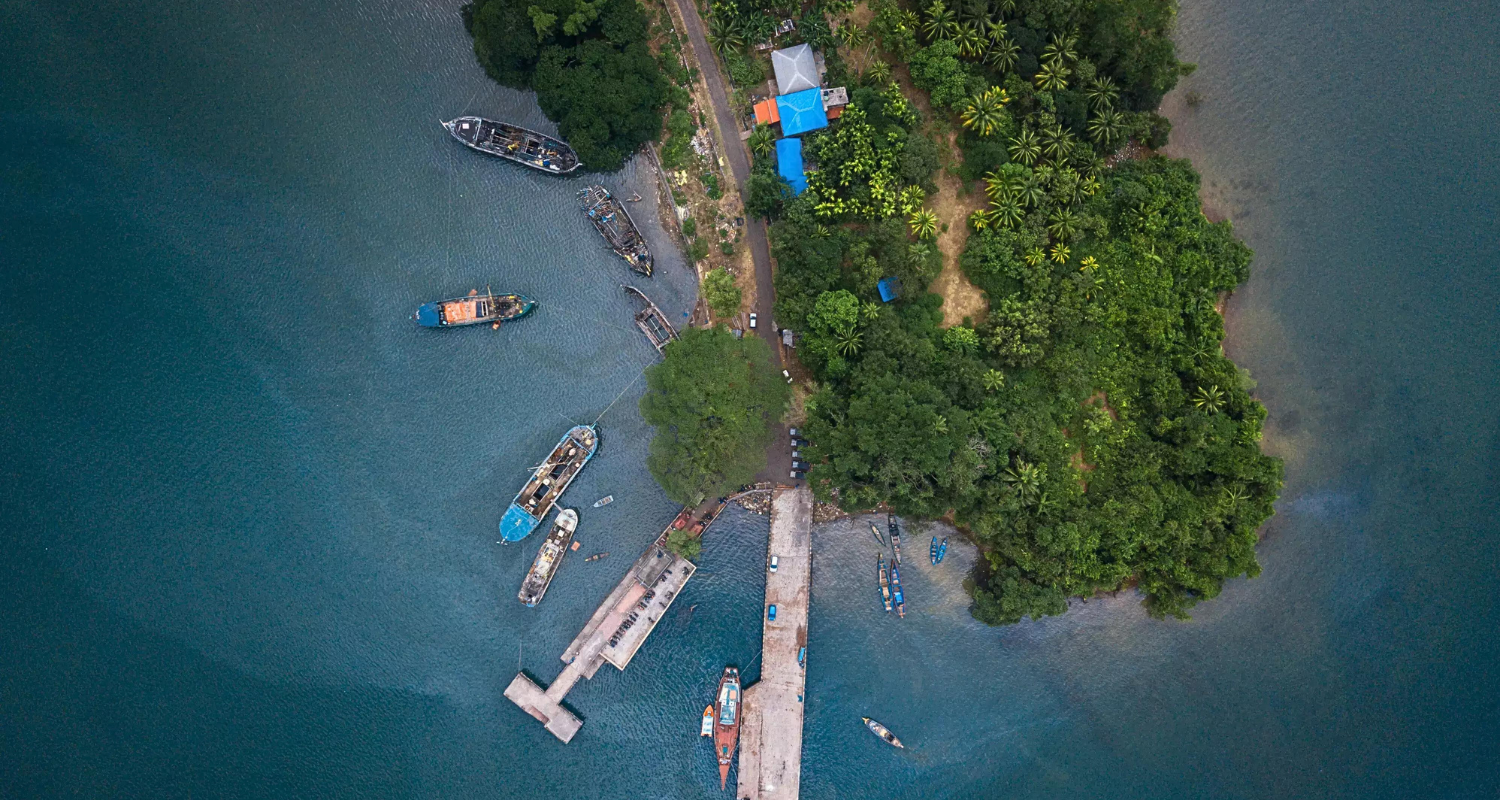The capital of the Andaman and Nicobar Islands, Port Blair, has been officially renamed as Sri Vijaya Puram, a move intended to reflect the region’s rich historical significance.
Prime Minister Narendra Modi announced the renaming on Friday, emphasising that this change is part of India’s broader efforts to shed its colonial legacy.
In a post on social media platform X, PM Modi wrote: “The name Sri Vijaya Puram honours the rich history and heroic people of Andaman and Nicobar Islands. It also reflects our commitment to break free from the colonial mindset and celebrate our heritage.”
Home Minister Amit Shah echoed the sentiment in his own statement on X, saying the name change symbolises the islands’ unique role in India’s freedom struggle.
“While the earlier name had a colonial legacy, Sri Vijaya Puram symbolises the victory achieved in our freedom struggle and the A&N Islands' unique role in the same,” Shah stated.
He further noted that the islands, once a naval base of the Chola Empire, now stand as a critical strategic and developmental base for India.
Port Blair’s original name, however, was linked to a British colonial officer, Captain Archibald Blair, who played a pivotal role in the British colonisation of the Andaman Islands.
Who was Archibald Blair?
Captain Blair joined the Bombay Marine, the naval force of the British East India Company, in 1771.
His naval career was largely defined by his work surveying and exploring remote regions under British control, particularly the Andaman Islands, between December 1788 and April 1789.
Captain Blair's findings were presented to the British governor-general on June 12, 1789, and his reports played a key role in the British decision to colonise the islands.
During his expedition, Blair discovered a natural harbour in the southern part of Great Andaman Island, which he initially named Port Cornwallis, in honour of Commodore William Cornwallis, Commander-in-Chief of the British-Indian Navy.
This port was later renamed Port Blair in his honour.
Archibald Blair established the first British settlement on Chatham Island in 1789, where he oversaw the building of cottages and the clearing of forests. He recognised the strategic value of the harbour and ensured it would serve as a key point for British operations in the area.
Despite his initial success, the settlement faced significant challenges, including disease and resistance from local tribes.
The colony was eventually relocated to a new site, but this too ended in failure. Captain Blair returned to England in 1795.
His work, however, laid the groundwork for the British presence in the Andaman Islands, which later became a penal colony in 1858, with the first prisoners being freedom fighters from the First War of Indian Independence.
The renaming of the capital marks a significant shift away from these colonial roots, aiming instead to highlight the islands’ indigenous history and their contributions to India’s independence movement.
PM Modi and Amit Shah have stressed that Sri Vijaya Puram will serve as a reminder of the victories and sacrifices of those who fought for the country’s freedom.
Significance of Port Blair
Port Blair holds a prominent place in India's freedom struggle, largely due to its association with the infamous Cellular Jail, also known as Kala Pani.

Constructed by the British to imprison Indian freedom fighters, the jail became a grim symbol of colonial oppression.
Many prominent revolutionaries, including Veer Savarkar and Batukeshwar Dutt, were confined in its isolated cells, enduring brutal conditions and torture.
After India's independence, the Cellular Jail was transformed into a national memorial, honouring the sacrifices made by freedom fighters in the battle against British rule.
Today, Port Blair continues to hold significant economic and tourism importance, serving as the gateway to the Andaman and Nicobar Islands, a popular destination for travellers.

The city's economy is primarily driven by tourism, attracting visitors with its stunning beaches, rich marine biodiversity, and historical landmarks such as the Cellular Jail, which remains a powerful reminder of India's struggle for independence.




